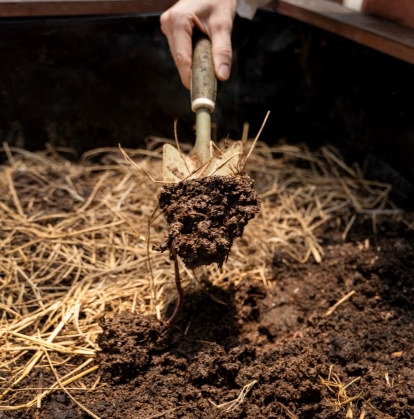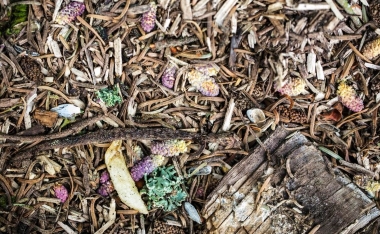Valorization of Slurry and Manure in Europe

Complete Guide 2025: Pig Slurry and Manure Valorization in Europe
The European livestock waste valorization sector is experiencing an unprecedented transformation driven by revolutionary regulatory changes. **EU Regulation 2024/1682 on processed manure** opens new cross-border commercial opportunities while growing restrictions on direct application drive the adoption of advanced valorization technologies.
The convergence of 2030 climate objectives, agricultural digitization, and stricter regulations creates a unique scenario where **technical valorization becomes an economic imperative**. According to official European sources, the EU generates annually **more than 1.4 billion tons of manure**, of which **more than 90% is applied directly to soil**, evidencing the exponential growth potential in advanced processing technologies.
How Organic Waste Legislation Affects Businesses

How Organic Waste Legislation Affects Businesses: Europe 2025 Complete Guide
Across Europe, organic waste legislation for businesses has become a strategic lever for competitiveness. It’s not only about avoiding fines: the framework in force up to April 2025 requires companies to separate, track, and valorize biowaste, while opening avenues for efficiency, savings, and new revenue. This guide—designed for executive teams and sustainability leads—summarizes what matters and brings it down to earth in operations, purchasing, packaging, audit, and reporting.
We focus on the Waste Framework Directive and its revisions, the new Packaging Regulation (PPWR), IED 2.0, the 2030 food-waste reduction targets, and the implications by company size and sector. You’ll find real cases and official links, plus a practical look at digital tools that streamline legal compliance for organic waste with solid traceability.
Agricultural By-products Valorization Europe

Agricultural By-products Europe 2025: Complete Guide to Commercial Opportunities and Valorization
The European market for agricultural by-products europe represents an extraordinary economic opportunity valued at €21.79 billion in 2024, with projections to reach €38.86 billion by 2032. This 7.5% annual CAGR expansion is driven by stricter regulatory frameworks, technological advances in biorefineries, and growing demand for circular economy solutions that transform waste into high-value resources.
The agricultural waste valorization has evolved from simple waste management to a strategic sector spanning from advanced biofuel production to specialized biochemicals, with over 15,000 agro-industrial biogas plants operational in the EU and a theoretical potential of 26 billion m³ of biomethane. Leading countries have demonstrated profitability of 15-25% in established technologies, while optimized projects achieve ROI exceeding 600%, positioning Europe as the global epicenter of innovation in this sector.

